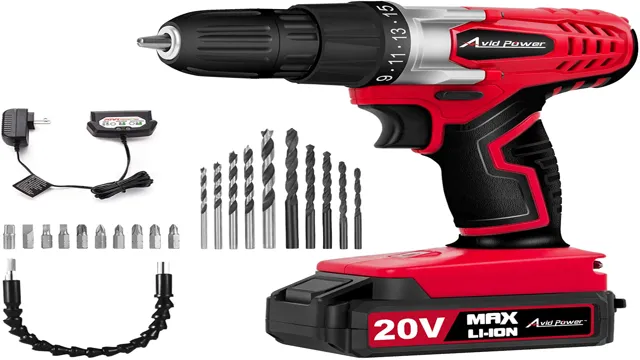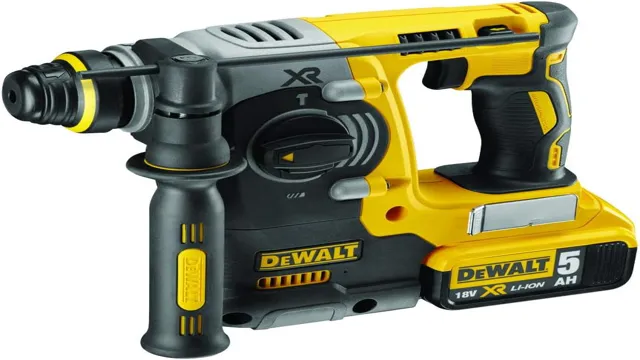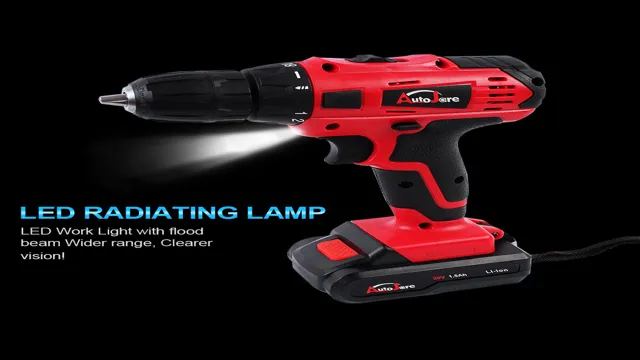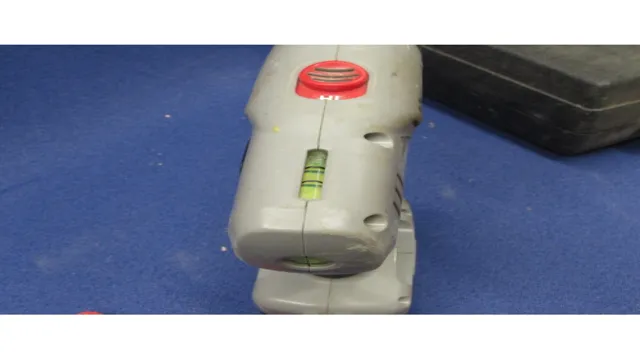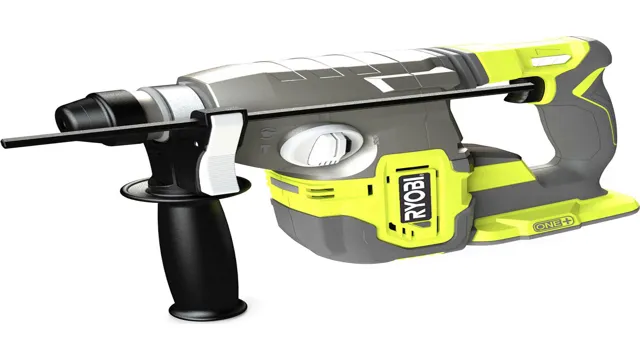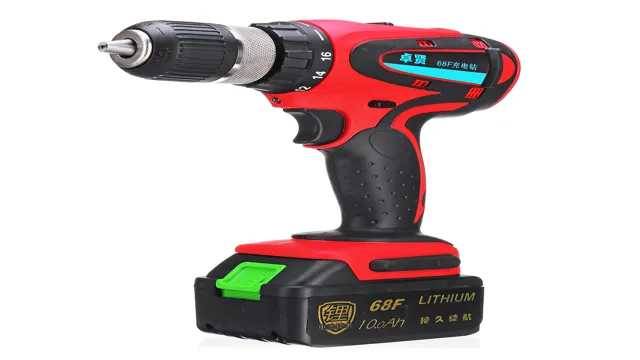Are Cordless Drills as Good as Corded Drills? A Comprehensive Comparison of Performance and Versatility
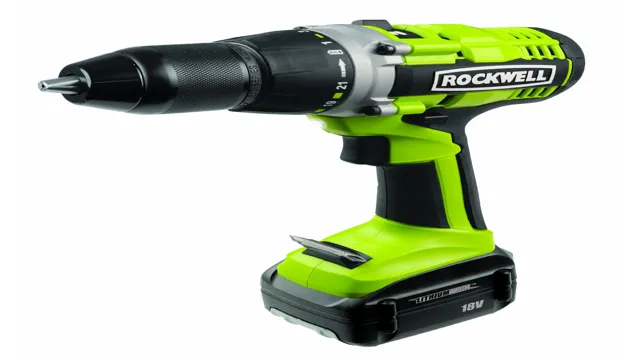
When it comes to choosing the right power tool for your DIY project, you might find yourself stuck between a corded and cordless drill. Both have their advantages and disadvantages, and making the right decision can be a tough task of its own. This guide aims to help you pick the best option for you by weighing the pros and cons of corded and cordless drills.
On the one hand, corded drills are typically more powerful and offer a consistent source of energy. Their cord means that they are always connected to a power source, so you won’t have to worry about running out of battery when working on bigger or longer projects. They are also generally less expensive than their cordless counterparts and are often preferred by professionals for their reliability.
On the other hand, cordless drills offer the convenience of being able to work anywhere without needing a power source. They are perfect for quick drilling jobs or projects that require you to move around frequently. With advances in battery technology, cordless drills are also becoming more powerful and can hold their charge for longer periods.
However, they do come with a higher price tag and need to be charged in advance, which can make them less practical for longer DIY projects. In conclusion, the choice between a corded or cordless drill ultimately comes down to your needs. If you’re a DIY enthusiast looking to take on bigger projects, then a corded drill might be the best option for you.
However, if you’re someone who needs flexibility and mobility in their drilling, then a cordless drill could be the right pick. Regardless of which you choose, make sure to invest in a quality product that will last long and serve you well on all your DIY ventures.
Power and Torque
When it comes to power and torque, corded drills usually have the upper hand as they offer a consistent power supply. However, that doesn’t mean that cordless drills are any less effective. With advancements in battery technology, cordless drills have become increasingly powerful and versatile.
In fact, many modern cordless drills offer comparable power and torque to their corded counterparts. This is especially true for high-end models with higher voltage batteries. Additionally, cordless drills offer the convenience of not being tethered to an outlet, making them a great option for jobs in tight spaces or on the go.
So, are cordless drills as good as corded drills? It really depends on your needs and preferences. For heavy-duty tasks that require constant power, corded drills are still the way to go. However, for most everyday DIY projects, cordless drills can be just as effective, if not even more convenient.
Power and Torque Differences between Corded and Cordless Drills
When it comes to power and torque, there are key differences between corded and cordless drills. Corded drills are known for their consistent and reliable power output, as they are plugged directly into an electrical source. This continuous power supply allows them to generate high levels of torque and handle tougher, more demanding jobs.
On the other hand, cordless drills rely on battery power which can vary over time, affecting their power output and torque capabilities. While cordless drills have come a long way in recent years with advancements in battery technology, they still may not produce the same power as corded drills. It’s important to consider the type of tasks you will be using your drill for and decide which option is best suited to your needs.
If you need consistent and powerful torque for heavy-duty projects, a corded drill may be the way to go. However, if you need the convenience and portability of a cordless drill for lighter tasks, there are plenty of high-quality options available on the market. Ultimately, it comes down to personal preference and intended use.
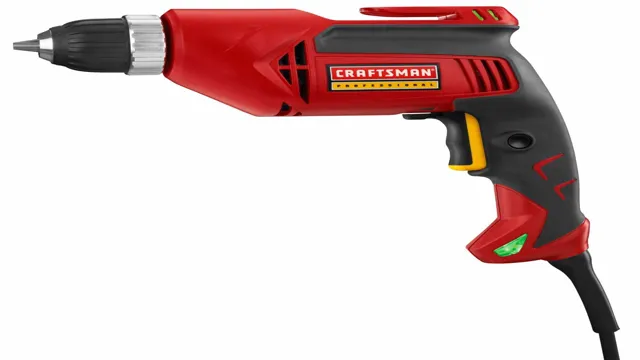
Examples of High-Powered Cordless Drills
High-powered cordless drills are essential for professionals who require a lot of power and torque for their drilling needs. These drills are designed to deliver maximum performance and efficiency, making them perfect for large projects. The power of a cordless drill is measured in volts, and the higher the voltage, the more power it can produce.
For instance, a 20-volt drill can deliver more power than a 12-volt drill. The torque of a cordless drill is what determines its performance. This is the amount of force that the drill can produce in a clockwise or counterclockwise direction.
High-powered cordless drills are capable of producing a lot of torque, which makes them ideal for drilling into tough materials like metal, wood, and concrete. With these drills, you can get your drilling jobs done quickly and easily, without having to worry about running out of power or struggling with a weak and underpowered tool.
Convenience and Mobility
When it comes to drilling, both corded and cordless drills have their pros and cons. Corded drills are known for their reliability, power, and consistent performance, making them a popular choice among professionals. However, cordless drills have come a long way in recent years and are becoming increasingly popular for their convenience and mobility.
You May Also Love:
With advancements in battery technology, cordless drills are now almost as powerful as corded ones, making them a viable option for most DIY projects. Plus, cordless drills can be used in tight spaces, without the hassle of cords getting tangled or restricting movement. Additionally, cordless drills are more versatile and can be used for various tasks, such as woodworking, metalworking, and construction.
So, are cordless drills as good as corded drills? It ultimately depends on the user’s specific needs. If you require high power and consistent performance, then a corded drill may be the best option. However, if mobility and convenience are important to you, then a cordless drill might be the way to go.
Advantages of Cordless Drills for Convenience and Mobility
One of the biggest advantages of cordless drills is their convenience and mobility. These types of drills allow you to work without the restriction of cords, which can make it easier to move around and reach difficult spots. With no cords to deal with, you can work more efficiently and avoid getting tangled up in wires.
Cordless drills are also lightweight and compact, which makes them easy to carry around and store. Plus, they often come with rechargeable batteries, so you don’t have to worry about buying replacements or finding an outlet when you need to use them. Overall, cordless drills are a great choice for those looking for a convenient and mobile tool to tackle their DIY projects.
Drawbacks of Cordless Drills for Convenience and Mobility
When it comes to cordless drills, one of the main selling points is the convenience and mobility they offer. However, there are some drawbacks to consider. One of the biggest issues is the battery life.
Cordless drills rely on a battery that needs to be recharged frequently, which can be frustrating when you’re in the middle of a project. Another concern is the power output. While cordless drills have come a long way in terms of power, they still can’t match the power you get from a corded drill.
This can be an issue if you’re working on tougher materials or need to drill larger holes. Finally, the cost is another factor to consider. Cordless drills tend to be more expensive than corded drills, so you’ll need to decide if the convenience and mobility are worth the investment.
Despite these drawbacks, cordless drills are still a great option for many DIYers and professionals who need to work in tight spaces or move around frequently.
Corded Drills for Heavy-Duty Tasks
When it comes to heavy-duty tasks, corded drills provide the power and performance needed to get the job done right. However, convenience and mobility can be a concern for some users. With advancements in technology, many corded drills are now designed with added features to address these concerns.
Some models include wider handles for improved grip, lightweight materials for easier maneuverability, and longer cords for increased reach. Additionally, some newer corded drills even include advanced features like digital displays and WiFi connectivity, allowing users to adjust and monitor the drill’s performance from a distance. So, while corded drills remain a popular choice for larger projects, now users can also enjoy the added convenience and mobility they need to complete jobs more efficiently than ever before.
Cost and Maintenance
When it comes to the debate of whether cordless drills are as good as corded drills, the answer is…
well, it depends. In terms of portability and convenience, cordless drills are a clear winner. You don’t have to worry about finding an outlet or tripping over cords while you work.
Plus, advances in technology mean that cordless drills can now match the power and performance of their corded counterparts. However, there are still some downsides to cordless drills. For starters, they are typically more expensive than corded drills.
Additionally, they require regular recharging, which can be a pain if you’re in the middle of a job and run out of juice. That being said, many professionals and DIY enthusiasts swear by cordless drills. At the end of the day, it really comes down to what works best for you and your specific needs.
Cost Comparison of Corded and Cordless Drills
When it comes to purchasing a drill, there are two main types to choose from: corded and cordless. Corded drills are typically less expensive upfront than cordless drills, but they require a power source and can limit you to working within reach of an outlet. On the other hand, cordless drills come at a higher cost, but offer the convenience of being portable and allowing you to work in areas without an electrical outlet.
Additionally, cordless drills require maintenance in the form of replacing the battery or charger over time, which can add to the long-term costs. Ultimately, the decision between a corded and cordless drill comes down to personal preference and the specific needs of the job. If you plan on using the drill frequently and don’t mind being tethered to a power source, a corded drill may be the more cost-effective option.
If you need the flexibility to work in a variety of spaces or don’t want to hassle with cords, a cordless drill may be worth the investment.
Maintenance Differences of Corded and Cordless Drills
When it comes to cost and maintenance, corded drills are typically more economical than their cordless counterparts. Corded drills don’t require any batteries or chargers, which means you’ll save money in the long run. Additionally, they have fewer components and are generally less complex than cordless drills, making them easier to maintain.
With corded drills, you only need to worry about maintaining the motor and periodically replacing the brushes. On the other hand, cordless drills have more parts that require maintenance, such as the battery and charger. Replacing batteries or chargers can be costly, and if you don’t properly maintain them, they can significantly reduce the lifespan of your cordless drill.
Overall, while cordless drills offer greater mobility and convenience, corded drills are more cost-effective and require less maintenance.
Conclusion: Which Drill Should You Choose?
In the battle of cordless vs corded drills, the answer is not as clear cut as one might expect. While corded drills may have traditionally been seen as the more powerful and reliable option, modern cordless drills have come a long way in terms of battery life and overall performance. At the end of the day, it ultimately comes down to personal preference and specific needs.
Cordless drills offer the convenience of mobility and ease of use, while corded drills may be better suited for heavy duty projects. So, whether you’re a professional contractor or a DIY enthusiast, the bottom line is this – when it comes to cordless vs corded, the choice is yours to make based on your unique circumstances and requirements. As technology continues to advance, the debate between these two types of drills will undoubtedly continue – but for now, the answer remains a resounding “it depends”.
FAQs
How do cordless drills compare to corded drills in terms of power?
While corded drills still generally have more power, cordless drills have improved greatly in recent years and can handle most DIY tasks with ease.
What are the advantages of using a cordless drill over a corded drill?
Cordless drills offer more mobility and convenience, as there are no cords to manage. They are also typically lighter and easier to handle.
Do cordless drills have shorter battery life compared to corded drills?
Yes, cordless drills rely on battery power and will eventually need to be recharged. However, advancements in battery technology have led to longer lasting batteries, with some models lasting up to several hours.
Can cordless drills handle heavy duty tasks like corded drills?
While cordless drills may not have as much power as corded drills, they can still handle most DIY tasks, including heavy duty ones. It is important to choose a cordless drill with the appropriate power and torque for the intended task.
Are cordless drills more expensive than corded drills?
Cordless drills can be more expensive upfront, but they offer more convenience and mobility, which may be worth the investment. Additionally, as battery technology improves, cordless drills are becoming more affordable.
How long does it take to recharge a cordless drill battery?
The time it takes to recharge a cordless drill battery will depend on the model and the type of charger. Some models can be fully charged in as little as 15 minutes, while others may take several hours.
Do cordless drills require any special maintenance compared to corded drills?
Cordless drills generally do not require any major maintenance, but it is important to regularly check and replace the battery as needed. It is also important to store the drill and battery in a cool, dry place to prevent damage.

